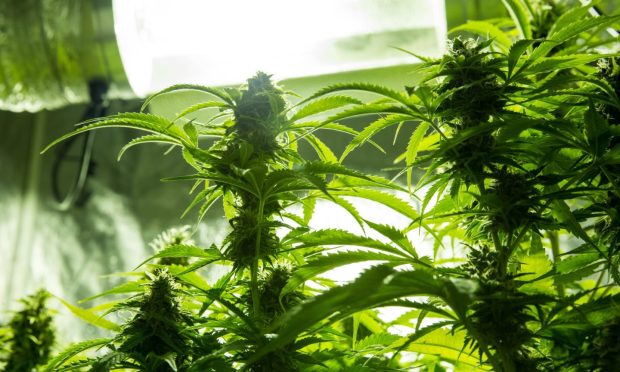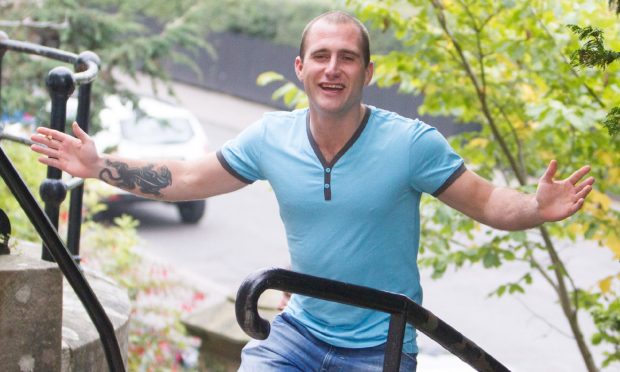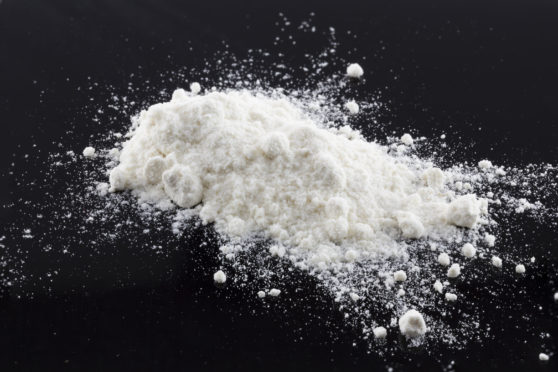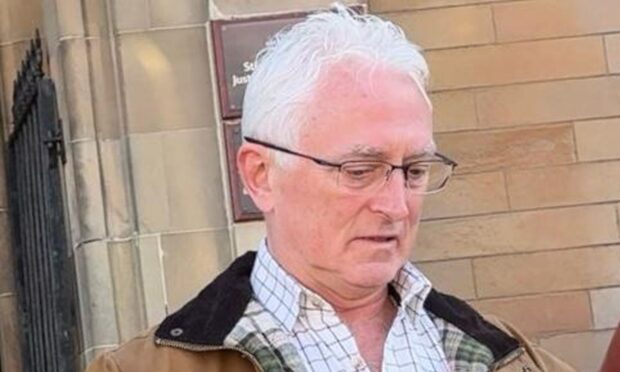An asylum seeker who played a “significant role” in drug production at a Fife cannabis factory has been jailed.
Samir Haxhiaj was previously convicted by a jury of cultivating and supplying the class B drug at a semi-detached house in Stobie Place, Oakley, between April 5 and June 28 2021.
The trial at Dunfermline Sheriff Court heard the property was turned into a large-scale cannabis farm with rooms kitted out with 4-to-5ft tall plants, lights, fans and electrical equipment.
The drugs had a potential street value of £137,000.
New father Haxhiaj, 33, of Larch Close, London, appeared in the dock from custody for sentencing this week.
He claimed he had been trafficked to Fife from the capital.
Defence lawyer Aime Allan said the Home Office had reached a “negative conclusive grounds” decision on Haxhiaj being a victim of modern slavery but there is a fresh asylum claim ongoing and this case will have a bearing on that.
She said Haxhiaj’s wife was at the trial and the couple have recently had a baby.
‘Large-scale’ cannabis farm
The solicitor argued it was a “category two” cannabis operation capable of producing significant quantities for commercial use, rather than industrial (category one) quantities which might involve warehouses being used to “grow double, triple or quadruple” the amount.
Sentencing, Sheriff Susan Duff told Haxhiaj: “I do consider you had a significant role in production over a three-month period.
“The drug expert described the cannabis factory as: ‘this set up within the locus shows a high level of professionalism and expertise to grow and dry plants to such a high standard within the same property’.
“I accept Ms Allan’s submission… this entire house was a cannabis factory.”
Sheriff Duff jailed Haxhiaj for more than two years and 10 months.
‘No-one could be unaware’
Following the trial in June, jurors found Haxhiaj guilty by majority verdicts of producing and being concerned in the supply of the class B drug.
Prosecutor Douglas Thomson said police had arrived at the property and knocked on the front door.
They waited between 15 and 20 minutes for a response.
When one officer moved away, Haxhiaj and two other males ran off.
The fiscal depute pointed out Haxhiaj’s DNA was found on the collar of a T-shirt found at the property and on the inside of surgical glove.
Mr Thomson said: “It’s absolutely clear no-one going into that house could be unaware of a cannabis farm.”
He said as well as the plants, the rooms were kitted out with lights, fans and “a huge amount of electrical equipment”.
The prosecutor said to jurors: “When you consider all the evidence you have heard, in particular his running away and DNA on the items found, it all points to the accused having a direct and knowing involvement in what was obviously a large-scale cannabis farm.”
For more local court content visit our page or join us on Facebook.










